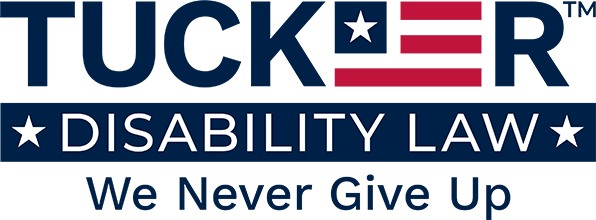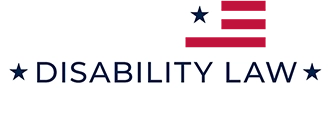For Veterans dealing with sleep apnea, the struggle for restful sleep impacts every aspect of life. If your sleep apnea is linked to your military service or worsened by another service-connected condition, you may be eligible for a VA disability rating for sleep apnea. But with new rating changes on the horizon, it’s critical to act fast—filing now could secure your benefits before the new rules lower your rating.
Major Changes Coming to the VA Disability Rating for Sleep Apnea
Currently, Veterans who require a CPAP or similar device often receive a 50% VA disability rating for sleep apnea. However, new regulations could reduce this to just 10% for many Veterans, and the 30% rating for sleep apnea could be eliminated completely.
With these changes potentially taking effect soon, it’s critical to file any sleep apnea claim now. Filing now can protect your rating under the current rules, as existing ratings won’t be affected by the updates.
What Could the New Ratings Mean for Your Sleep Apnea Claim?
Currently, the VA evaluates sleep apnea as follows:
- 0% Rating: Asymptomatic with documented breathing issues
- 30% Rating: Persistent daytime sleepiness
- 50% Rating: CPAP or breathing assistance device required
- 100% Rating: Severe respiratory failure or need for tracheostomy
The proposed changes to the VA disability rating for sleep apnea include:
- 0% Rating: No symptoms, with or without treatment
- 10% Rating: Some relief from a CPAP or similar treatment
- 50% Rating: Ineffective treatment or inability to use CPAP due to another health condition
- 100% Rating: Ineffective treatment with severe organ damage
These changes could mean reduced benefits for many Veterans with sleep apnea, especially if your treatment involves CPAP alone.
Understanding Sleep Apnea in Veterans
Sleep apnea disrupts breathing during sleep, causing a person to repeatedly stop and start breathing. There are three main types:
- Obstructive Sleep Apnea: The airway is blocked by relaxed throat muscles.
- Central Sleep Apnea: Breathing muscles don’t receive signals from the brain.
- Complex/Mixed Sleep Apnea: Combines both obstructive and central elements.
What Causes Sleep Apnea in Veterans?
Veterans are at higher risk due to unique factors like toxic exposures, physical injuries, and high-stress conditions during service. Common risk factors include:
- Age and obesity
- Toxic exposures (Agent Orange, burn pits)
- Psychiatric conditions (such as PTSD)
- Pre-existing conditions (lung disease, high blood pressure)
How Other Health Conditions Could Affect Your VA Disability Rating for Sleep Apnea
Sometimes Veterans with sleep apnea have other health problems that make using a CPAP machine difficult or impossible. These other health problems are called “comorbid conditions.”
Under the new rules, only Veterans with certain comorbid conditions might still qualify for a higher rating if their CPAP treatment isn’t effective or if they can’t use it.
For example, if you have a skin condition that makes wearing the CPAP mask painful, an injury that affects your face, or mental health issues like PTSD that make it hard to sleep with the mask, these could be comorbid conditions.
It’s important to tell your doctor if you have any health issues that make using your CPAP machine difficult. This could help you qualify for a higher rating under the new system.
Don’t Wait. Act Now: Let Tucker Disability Law Protect Your VA Disability Rating for Sleep Apnea
The VA’s proposed changes to the sleep apnea rating make it essential to file your claim now. Veterans who establish a rating before the changes take effect will not be impacted, allowing you to retain higher compensation. Filing promptly ensures your VA disability rating for sleep apnea remains protected from any reductions.
Tucker Disability Law has helped Veterans in every kind of situation for over 30 years. We can help you too. If you suffer from service connected sleep apnea, reach out to us today for a free consultation. We’re ready to fight for the benefits you’ve earned through your service.
Use the blue contact section NOW to call us, live chat with us, or message us using our confidential contact form.






